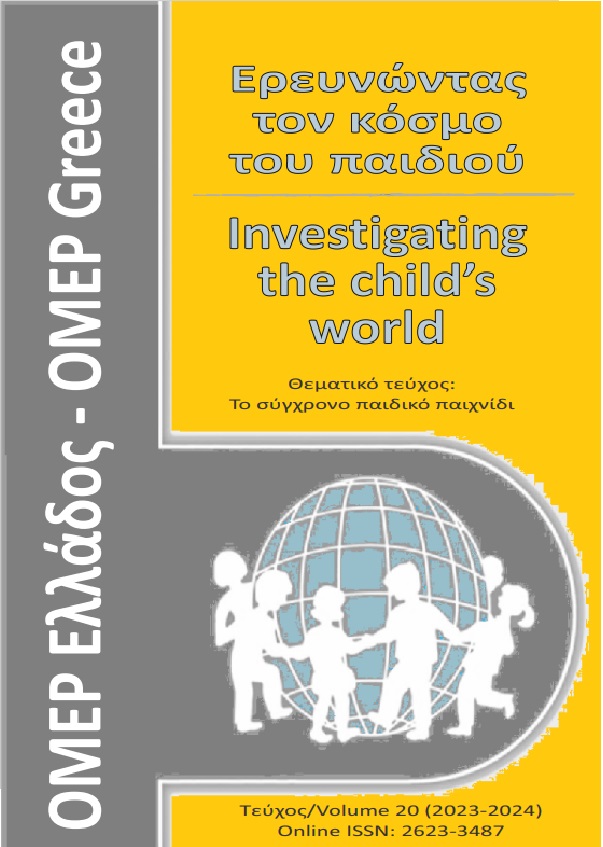Early understanding of measurement division and the effects of a minimal intervention via a game-based activity
Abstract
In this study, we contribute to an ongoing design research effort dedicated to crafting educational activities that promote early multiplicative thinking. Specifically, our focus is on assessing kindergarten children's capacity for performing measurement division when presented with word problems accompanied by pictorial representations. Additionally, we conduct a preliminary investigation into the impact of a group play-based instructional intervention on young children's proficiency in solving measurement division problems. Measurement division tends to be overlooked in kindergarten and early elementary school due to the perception that it is too challenging for children of this age. Our study engaged 35 kindergarten children, aged 4-6 years, who had not received any prior instruction on division. Through individual interviews at both pre-test and post-test stages, the children encountered four word problems involving measurement division. During the teaching intervention, the intervention group (comprising 14 children) participated in a group kinetic game. In this game, they were tasked with forming groups of a specified number and drawing inferences about the relationship between the group's size and the number of groups formed. Results indicated that children initially demonstrated an understanding of measurement division in simple word problems presented with pictorial representations. Furthermore, the instructional intervention appeared to be beneficial for the intervention group, as it guided them in focusing on divisor/quotient relationships and cultivating advanced strategies for measurement division. These findings suggest that young children can develop sophisticated multiplicative thinking skills when exposed to well-designed learning environments grounded in mathematical play.
Article Details
- How to Cite
-
Konstantinos, & Kandyli, A. (2024). Early understanding of measurement division and the effects of a minimal intervention via a game-based activity. Investigating the child’s World, 20, 142–155. https://doi.org/10.12681/icw.36065
- Section
- Scientific articles & educational projects

This work is licensed under a Creative Commons Attribution-NonCommercial 4.0 International License.
Authors who publish with this journal agree to the following terms:
· Authors retain copyright and grant the journal right of first publication with the work simultaneously licensed under a Creative Commons Attribution Non-Commercial License that allows others to share the work with an acknowledgement of the work's authorship and initial publication in this journal.
· Authors are able to enter into separate, additional contractual arrangements for the non-exclusive distribution of the journal's published version of the work (e.g. post it to an institutional repository or publish it in a book), with an acknowledgement of its initial publication in this journal.
· Authors are permitted and encouraged to post their work online (preferably in institutional repositories or on their website) prior to and during the submission process, as it can lead to productive exchanges, as well as earlier and greater citation of published work.



